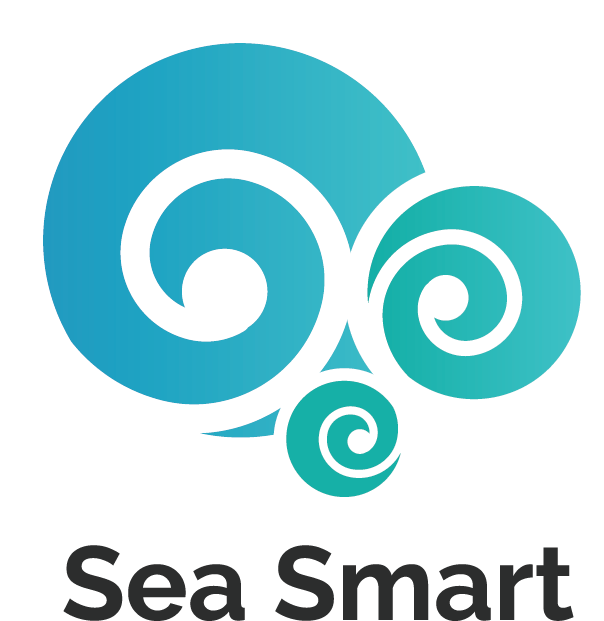Why are wetlands important?
Today is World Wetlands Day, a day dedicated to raising global awareness about the vital role wetlands play for people and for our planet. We in Canada are no stranger to wetlands, as Canada is home to 25% of the world’s wetlands. That’s more than any other country (1)! Wetlands around the world are declining rapidly, which could leave devasting results for all of us. Take a look at why wetlands are important, what is being done to protect them and how Sea Smart is working to support our global water sources.
WHAT IS A WETLAND?
A wetland is a distinct ecosystem saturated or flooded with water, either permanently or seasonally. The NOAA recognizes five types of wetlands: ocean, estuary, river, lake, and marsh (2). More commonly, inland wetlands include marshes, ponds, floodplains, and swamps, while coastal wetlands include saltwater marshes, kelp forests, mangroves, and even coral reefs. Wetlands are found on every continent except Antarctica! It is estimated that 4-6% of land on Earth is actually a wetland (2).
WHY ARE WETLANDS IMPORTANT?
Wetlands are arguably one of the most important ecosystems in the world! They sustain human life and nature and are important to supporting social and economic development. Wetlands are among the most productive ecosystems in the world, comparable to rain forests and coral reefs (3). These ecosystems store and clean water, which means they hold and provide most of our freshwater. They naturally filter out pollutants, chemicals, and sediment from the water before it is discharged into the ocean (4).
Wetlands provide nature a home, with 40% of the world’s species relying on wetlands to survive (5). They keep us safe through flood protection and erosion control. Coastal wetlands protect upland areas from flooding due to sea-level rise and storms, and they prevent coastline erosion due to their ability to absorb the energy created by ocean currents which would otherwise degrade a shoreline and associated development (4).
HOW CAN YOU HELP?
Unfortunately, nearly 90% of the world's wetlands have been lost since the 1700s. Today, those remaining are disappearing three times faster than forests (5). According to World Wetlands Day, we need to :
• Stop destroying, & start restoring wetlands
• Stop damming rivers or over extracting from aquifers
• Address pollution, clean up freshwater sources
• Increase water efficiency, use wetlands wisely
• Integrate water and wetlands into development plans and resource management
Sea Smart is dedicated to educating others about the importance of marine ecosystems. At the same time, we strive to emphasize the interconnectedness of all ecosystems, especially the closely tied dynamics of freshwater and marine systems.
See how our programming is directly related to protecting our water resources.
REFERENCES
Nature Conservancy of Canada, https://www.natureconservancy.ca/en/blog/tweetable-facts-on-WWD.html#.YBhgf2RKiDU
The Ocean Conservancy, https://oceanconservancy.org/blog/2020/05/11/wetland/
United States Environmental Protection Agency, https://www.epa.gov/wetlands/why-are-wetlands-important
UC Davis, https://climatechange.ucdavis.edu/climate-change-definitions/coastal-wetlands/
World Wetlands Day, https://www.worldwetlandsday.org/materials


